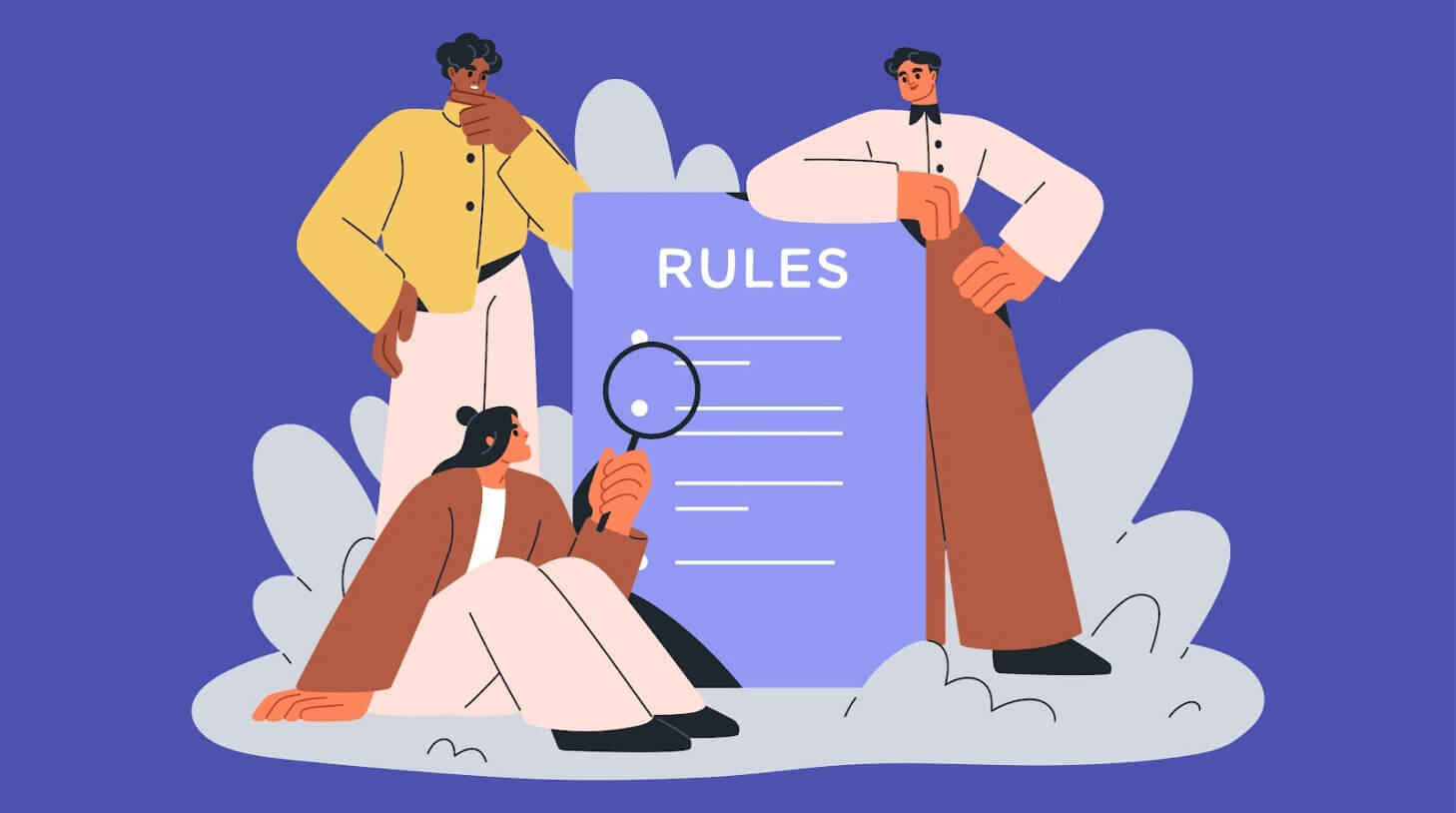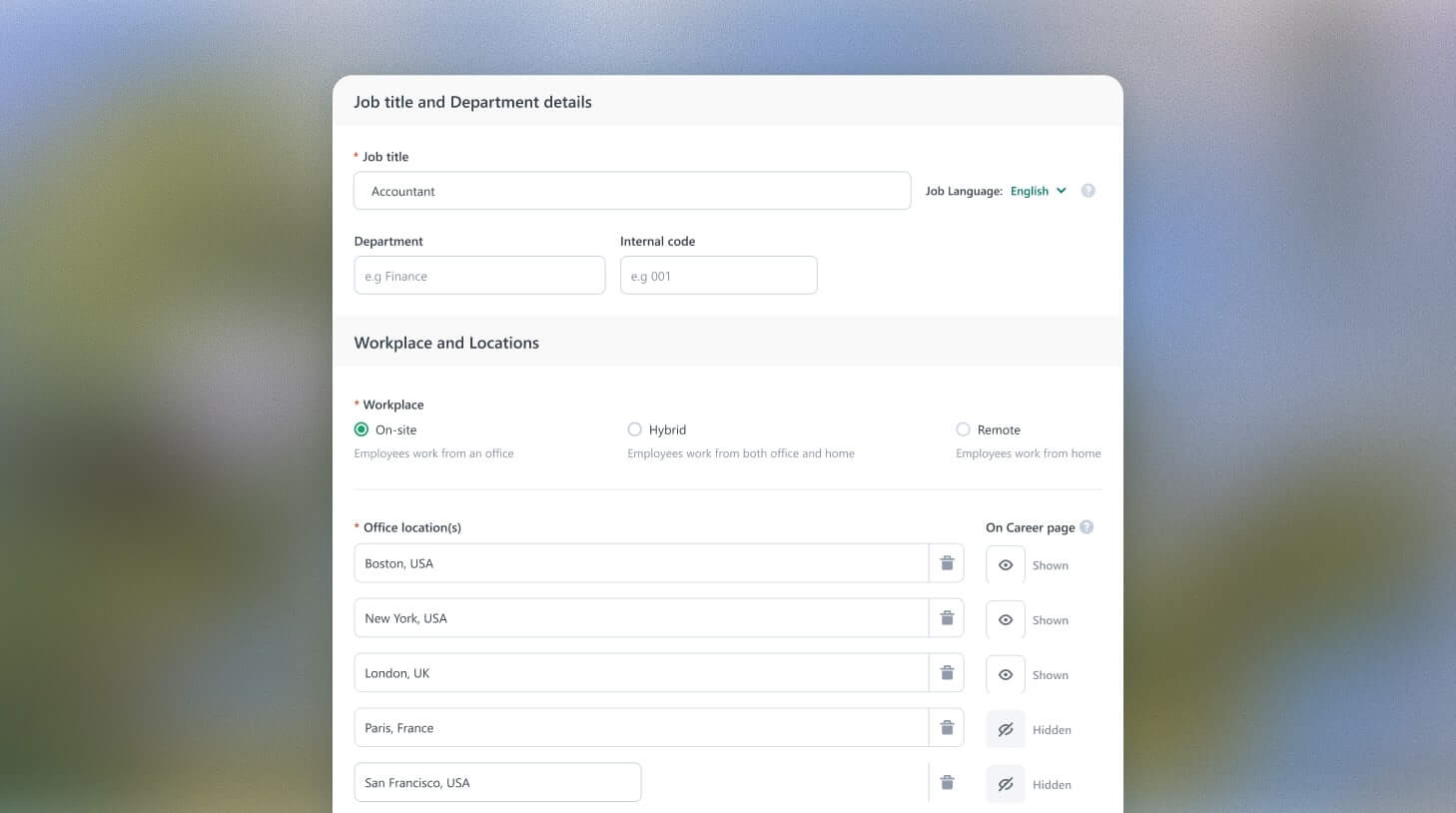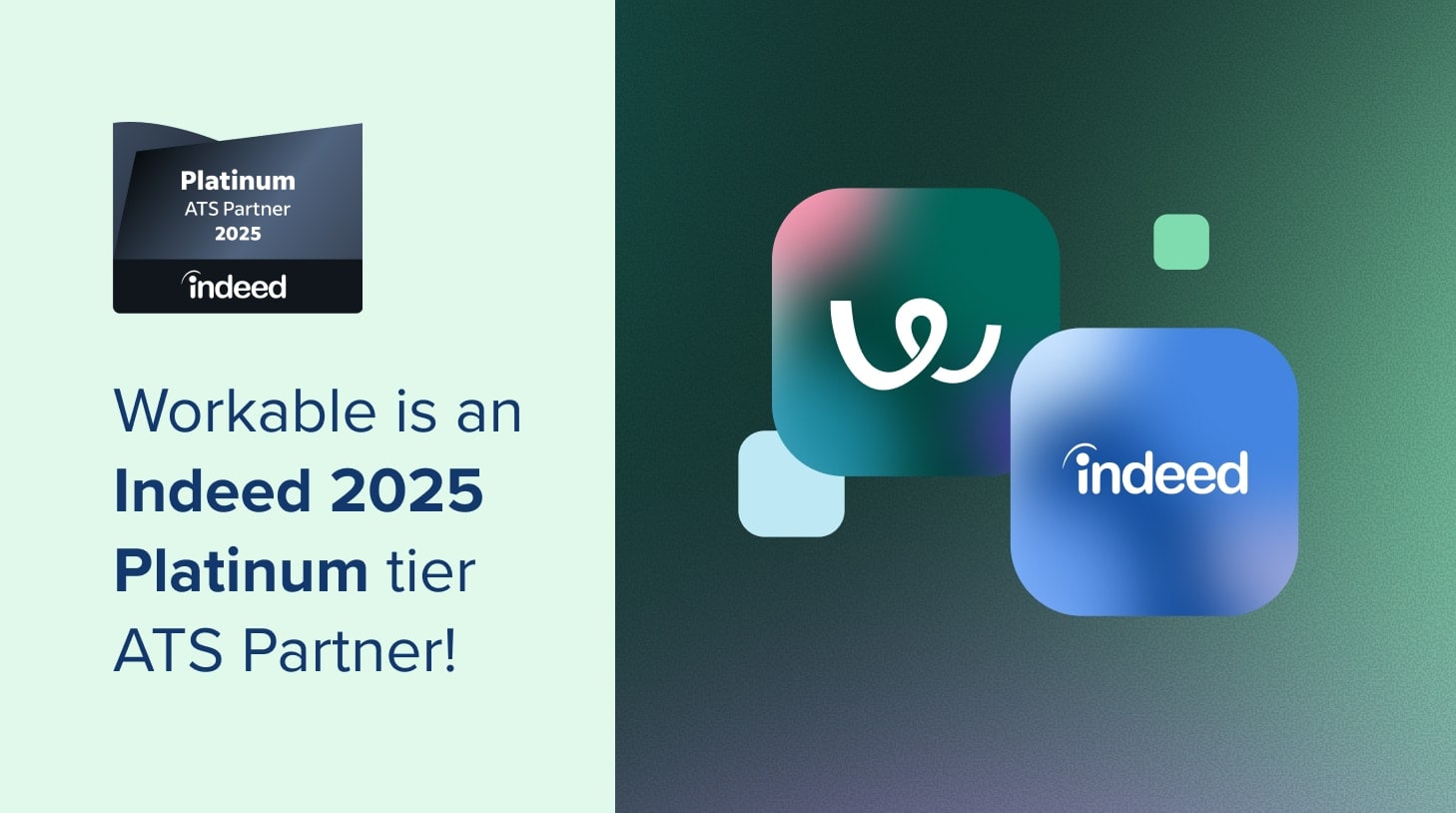Reinstated SAT requirements: why hiring teams should care
The Evil HR Lady offers expert insight on what employers and hiring teams can learn from Dartmouth College's decision to reinstate SAT/ACT requirements.

Dartmouth College – an Ivy League School – stopped requiring SAT/ACT scores for its applicants during the pandemic. Now that there aren’t health concerns in taking the test anymore, the college decided to take a look at whether they should reinstate these standardized tests as a requirement.
The evidence told them to do so and that it was better for their goals as a school and better for the student applicants. They looked at all students’ test scores after they had been admitted and learned what the impact was.
What on earth does this have to do with your business or hiring practices? In an era when more and more companies and state governments are removing degree requirements, why would it matter to the talent acquisition (TA) world how colleges admit students?
Many reasons, as it happens. Let’s look at Dartmouth’s evidence and break this down.
Contents
1. Personal recommendations don’t mean much
What Dartmouth learned: It turns out that personal recommendations and grades that aren’t standardized among schools weren’t as good predictors of success as standardized tests.
What TA can learn from this: It’s not what you know; it’s who you know. This is oft-repeated along with advice to candidates to “network, network, network” their way into jobs.
In addition, giving preference to people who know someone, many companies still require reference checks – not just previous employment checks.
Of course, when asking person A about candidate B, unless you know person A well, you cannot judge their credibility. If someone says, “Candidate B was so whiny and never did his work right!”, you don’t know if that is correct or if the manager was the whiny one who micromanaged.
Using skills-based hiring that can be standardized for certain positions can help avoid this recommendation bias.
2. Removing tests decreased economic diversity
What Dartmouth learned: Students from disadvantaged backgrounds didn’t submit their scores, mistakenly believing that their less-than-perfect scores would disadvantage them. The scores would have shown success in difficult situations.
The researchers who studied the impact of scores wrote, “There are hundreds of less-advantaged applicants with scores in the 1,400 range who should be submitting scores to identify themselves to admissions, but do not under test-optional policies.”
“There are hundreds of less-advantaged applicants with scores in the 1,400 range who should be submitting scores to identify themselves to admissions, but do not under test-optional policies.”
What TA can learn from this: When people think you expect perfection, they may opt-out. If you focus too much on the right connections, you’re going to miss out on people who could do a great job if given the chance.
Universities are sometimes more about connections than about what you learn. In fact, a company that specializes in helping students gain admission to top schools explicitly explains that advantage:
“[Ivy League] connections can open doors to internships, job opportunities, and partnerships in various industries.
“Ivy League alumni networks also offer a sense of exclusivity and access to unique opportunities. From alumni reunions and social events to guest lectures and panels featuring distinguished alumni, there are numerous ways for Ivy League graduates to stay engaged and connected.”
In other words, again, it’s all about who you know and not about what you can do.
The real question TA should focus on is not who recommended this person, but whether this person can do the job.
3. The right tools can help you find people you’d otherwise miss
What Dartmouth learned: The New York Times wrote about Dartmouth:
“For instance, many critics on the political left argue the tests are racially or economically biased, but Beilock said the evidence didn’t support those claims. ‘The research suggests this tool is helpful in finding students we might otherwise miss,’ she said.”
“Many critics on the political left argue the tests are racially or economically biased, but Beilock said the evidence didn’t support those claims. ‘The research suggests this tool is helpful in finding students we might otherwise miss,’ she said.”
What TA can learn from this: Perhaps standardized processes that anyone can use to apply would identify hidden talent.
Of course, candidates don’t like taking tests, and certainly not ones that require significant work. But, perhaps for positions that require specific skills rather than an application, a short skills test could be used.
The key is that you can find people who wouldn’t otherwise have a chance by moving away from subjective criteria (resumes, recommendations) and into objective criteria (skills tests).
4. Look at your real data
What Dartmouth learned: They thought that removing the test requirement would increase their diversity and it didn’t. They hope that reinstating it will increase diversity.
What TA can learn from this: Many companies want to increase diversity at all levels of the organization, but are not terribly successful at this. Take a look at your actual data. Consider the following:
- How do your applicants apply?
- What does your interview process look like?
- What are the similar characteristics of successful employees?
- How can you find candidates with these characteristics?
- Do your processes help evaluate these critical skills?
If you’re willing to truly take a look at how you do things and make changes when you find that things aren’t necessarily what you thought they were, you become better off.
As Dartmouth did with admissions, experimenting with different hiring methods is a good thing, but make sure you follow up your experiments with data analysis.
That way, you’ll improve your overall talent and have the data to show it.
Frequently asked questions
- How does Dartmouth's reinstatement of SAT scores impact talent acquisition?
- Dartmouth's research found standardized tests more predictive of success than personal recommendations or grades, suggesting businesses might benefit from skills-based and standardized hiring processes.
- What can businesses learn from Dartmouth's approach to economic diversity?
- Dartmouth's findings imply that focusing on perfection or connections can overlook capable candidates, advocating for objective criteria in hiring to enhance diversity.
- Why is standardized testing important according to Dartmouth's findings?
- Contrary to some beliefs, Dartmouth's evidence suggests standardized tests are not biased and can help identify overlooked talent, encouraging businesses to consider objective hiring tools.
- What does Dartmouth's experience say about data in hiring?
- Dartmouth's data-driven approach to reinstating SAT requirements, aimed at increasing diversity, suggests businesses should analyze their hiring data to refine practices and achieve desired outcomes.
- How can companies apply Dartmouth's lessons to their hiring practices?
- By adopting standardized and skills-based assessments, companies can move beyond subjective criteria, like resumes or recommendations, to discover candidates who truly fit the job requirements.




